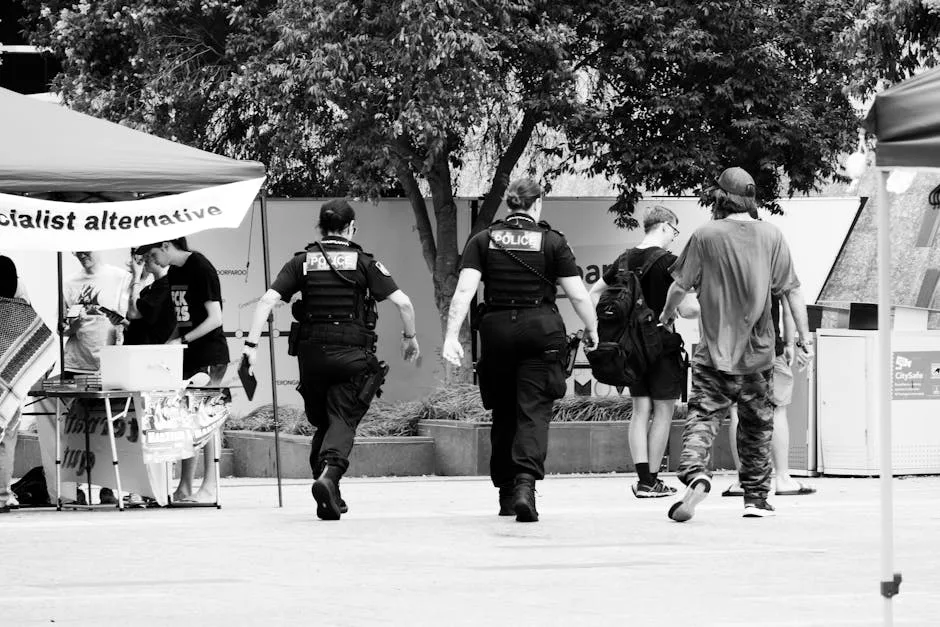
Bavaria has seen a sharp increase in Islamophobic and right-wing extremist crimes, with incidents tripling between 2022 and 2024. Over 80% of these offenses are linked to right-wing extremists, according to recent reports from the Federal Criminal Police Office (BKA) and Bavarian authorities1. The rise in hate crimes coincides with broader trends of political violence, including antisemitic and racist attacks, raising concerns about systemic security gaps and the effectiveness of counter-extremism measures.
Key Trends in Extremist-Related Crimes
Islamophobic crimes in Bavaria surged from 66 incidents in 2022 to 213 in 2024, with 15 violent attacks recorded this year alone1. Right-wing extremists were responsible for 74% of racist and antisemitic crimes, totaling 1,829 incidents in 2024. Targets included refugees, Jewish institutions, and LGBTQ+ individuals, with 171 violent offenses classified as severe, including attempted murder2. The Grüne Party has criticized underreporting, noting that only 21% of hate crimes are classified as extremist by Bavarian authorities, compared to 82% in 20203.
Jihadist and Foreign-Linked Threats
While right-wing extremism dominates domestic threats, jihadist groups remain active in Germany. Salafist networks, with 11,000 adherents, have adapted propaganda to youth-centric platforms like TikTok and Telegram4. Foreign-linked extremism also poses risks: the PKK operates fundraising campaigns in Germany, while Turkish ultranationalists and Iranian state actors target minority groups4. Russian and Chinese espionage activities, including cyberattacks on critical infrastructure, further complicate the threat landscape.
Security Implications and Responses
The BKA reports that 70% of politically motivated crimes in Bavaria are tied to right-wing extremism1. Despite this, resource allocation for counter-extremism programs lags behind the scale of the threat. Proposed measures include stricter prosecution of hate crimes, improved online surveillance, and statewide anti-discrimination offices3. However, discrepancies in crime classification and underfunded prevention initiatives hinder progress.
Conclusion
The escalation of Islamophobic and right-wing extremist crimes in Bavaria reflects broader national and international trends. Addressing these challenges requires coordinated efforts between law enforcement, policymakers, and civil society to close reporting gaps, enhance surveillance, and disrupt extremist networks. Future research should examine the intersection of online radicalization and offline violence to inform targeted interventions.
References
- “Immer mehr islamfeindliche Straftaten – und Rechte als Täter,” FAZ, 2025.
- “Immer mehr rassistische und antisemitische Straftaten in Bayern,” BR24, 2025.
- “Immer mehr rassistische, ausländerfeindliche und antisemitische Delikte,” Grüne Fraktion Bayern, 2025.
- “Verfassungsschutzbericht 2022: Fakten und Tendenzen,” Bundesamt für Verfassungsschutz, 2022.





